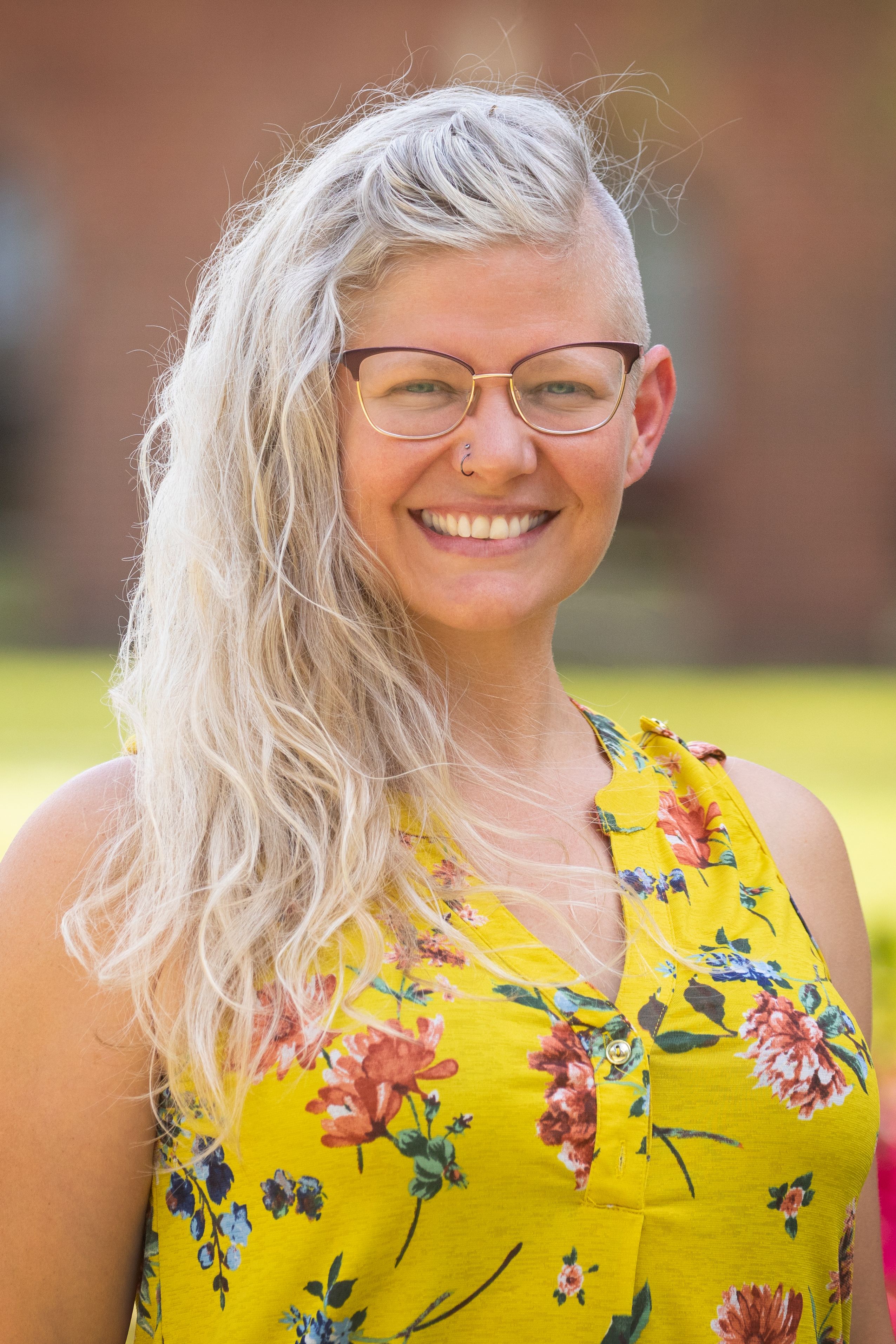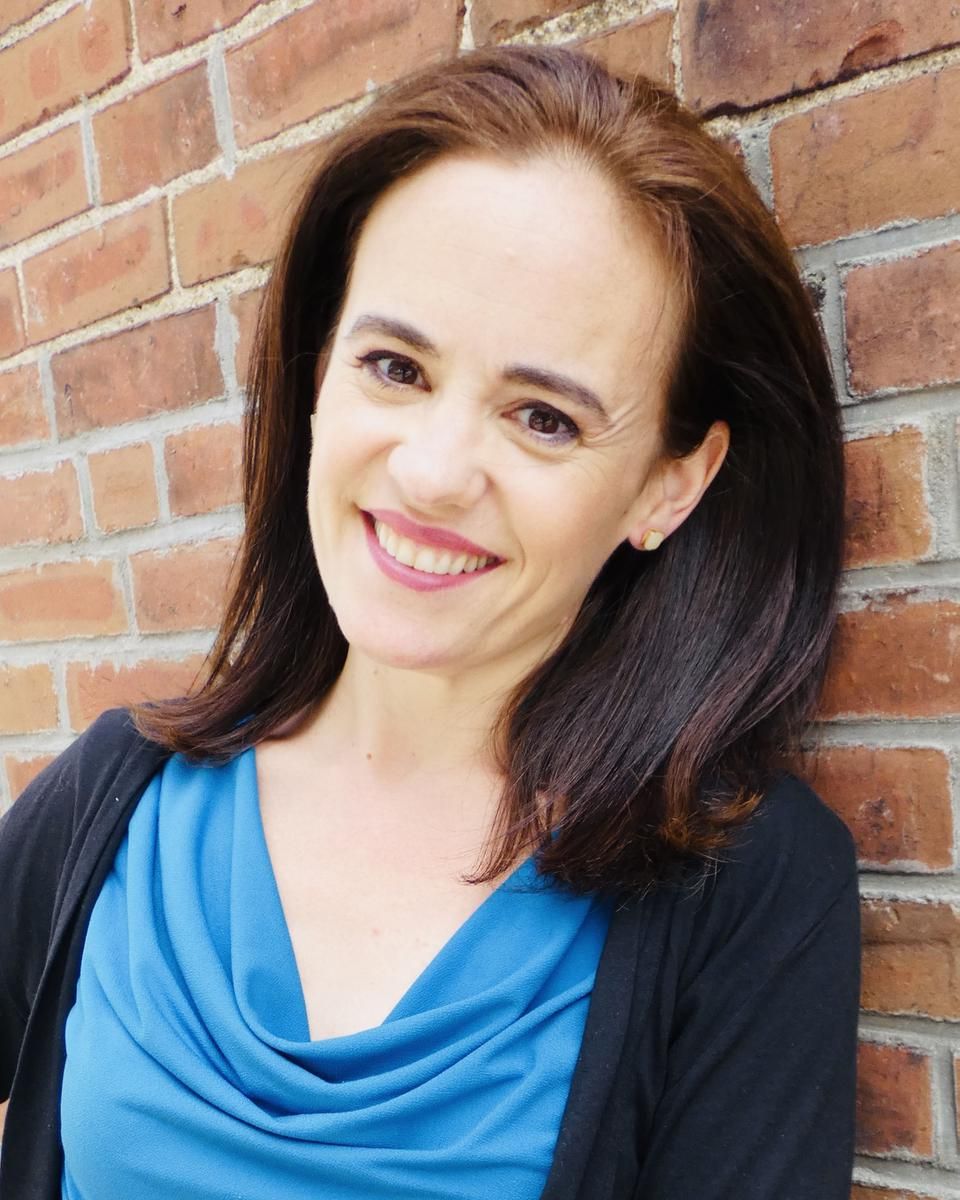
Doing and Knowing: On Fostering Growth in the Therapy Room
This essay was originally published in the Clinicians Corner of Alma's members-only Community Hub. Learn more about the benefits of joining Alma's community →
I love being a therapist. And I think the thing that I love most about providing therapy is bearing witness to growth. It’s inspiring, of course, when a client has done a solid piece of work, evidenced by real, substantial changes in their lives. The thing that keeps me in this, however, are the moments of growth along the way that comprise that piece of work.
I bet you know the ones —These moments when we can see a client trying something new and risky. When we can feel our connection deepen and expand. When we can watch ourselves stretching to be the therapist they need in this new space. To me, these moments make this strange and beautiful work makes sense.
And yet, it’s not uncommon for me or the therapists I train to find ourselves doing things that limit these moments.
We get stuck. We lose our way. We miss the very opportunities for growth that characterize our work.
If I take a step back and consider all of those stuck, lost, and closed off moments, they have something in common. In each, I can see myself in pursuit of some knowing. In each, I am trying to write a story that captures how my client is suffering in the hopes that it might tell me how to support their growth. Maybe I’m building a timeline. Maybe I’m working out a conceptualization. Maybe I’m questioning my diagnosis, or clarifying the client’s narrative. It’s not that what I’m doing is unreasonable or bizarre. It’s an important part of the work. What may be unreasonable, however, is the assumption that knowing will facilitate doing. What may be bizarre is the hope that an accurate story will inform effective practice.
I find myself questioning this hopeful assumption more and more. I find myself wondering, not if the pursuit of knowing serves therapy at all, but if it belongs in the therapy interaction. And with all this questioning and wondering, I find myself leaning into an alternative. What if, instead of knowing in order to do, the job in the room is to do in order to know?
There are plenty of skills that are like this. Teaching my children to ride their bikes didn’t go so well when I was trying to remember and instruct what all riding a bike involved. It went well when I said just enough words to orient them to what it felt like to be perfectly balanced with the wind in their faces zooming towards independence (and away from their mom). It took a couple of tumbles and a few tears, but we had to do in order to know.
What if co-creating growth, bit by bit, in a therapeutic interaction requires something similar of us?
If I reflect on these beautiful moments of growth, I see myself setting aside my pursuit of knowing. I see myself rejoining the client in the here and now with humility. I see myself inviting the client to welcome me into their worlds, to show me their suffering, and to open up to new ways of learning from their experiences. And if this resonates for you, I invite you to join me in shifting our attention back, over and over, to what is available right there, right then, between us and our clients. May this first step position us all to get better and better at making that shift back to the subtle but powerful work of fostering growth.
Sep 14, 2023

Looking for a therapist?
Get tips on finding a therapist who gets you.
By submitting this form, you are agreeing to Alma's privacy policy.




